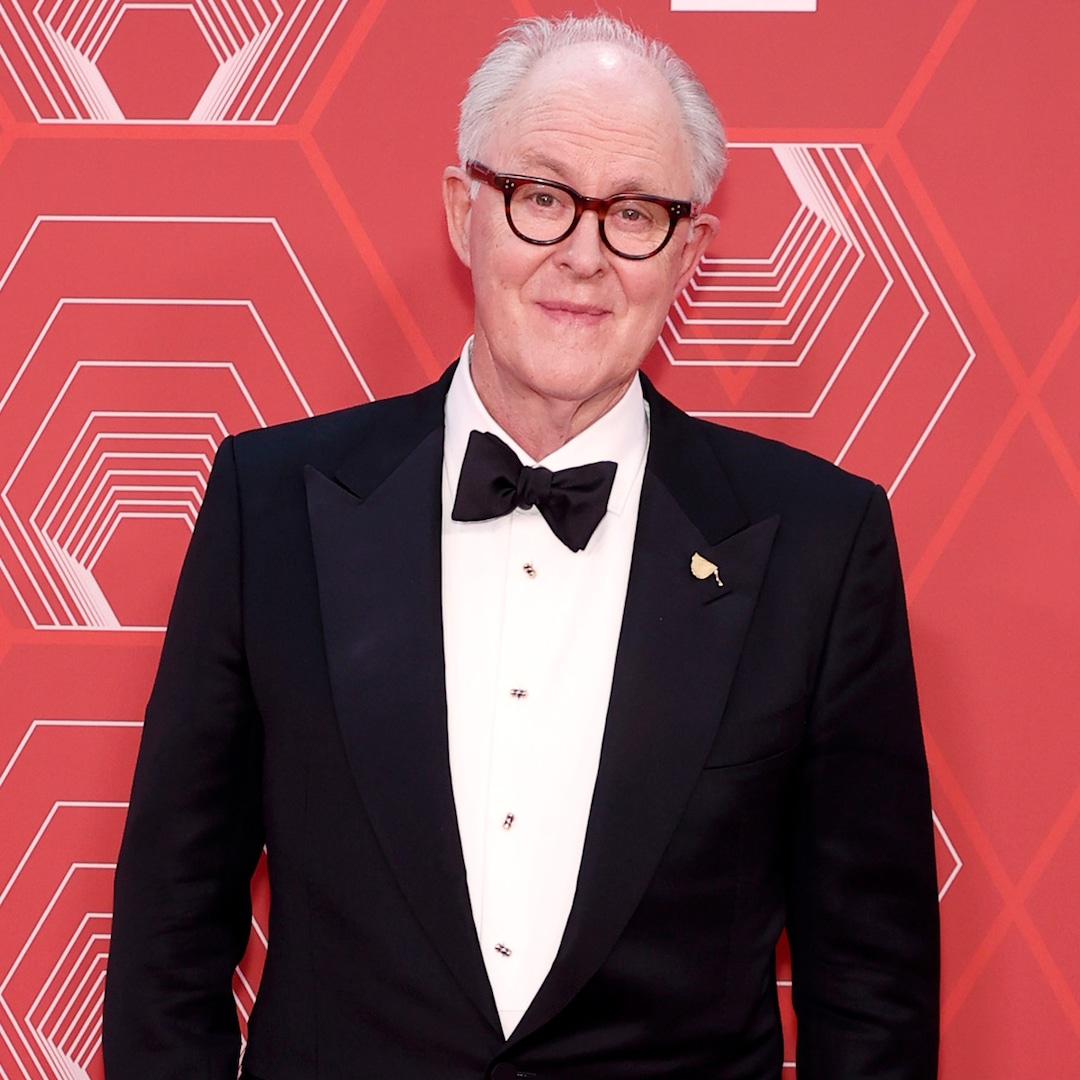CAP in hand: Disgruntled farmers denounce agriculture cuts in EU budget proposal
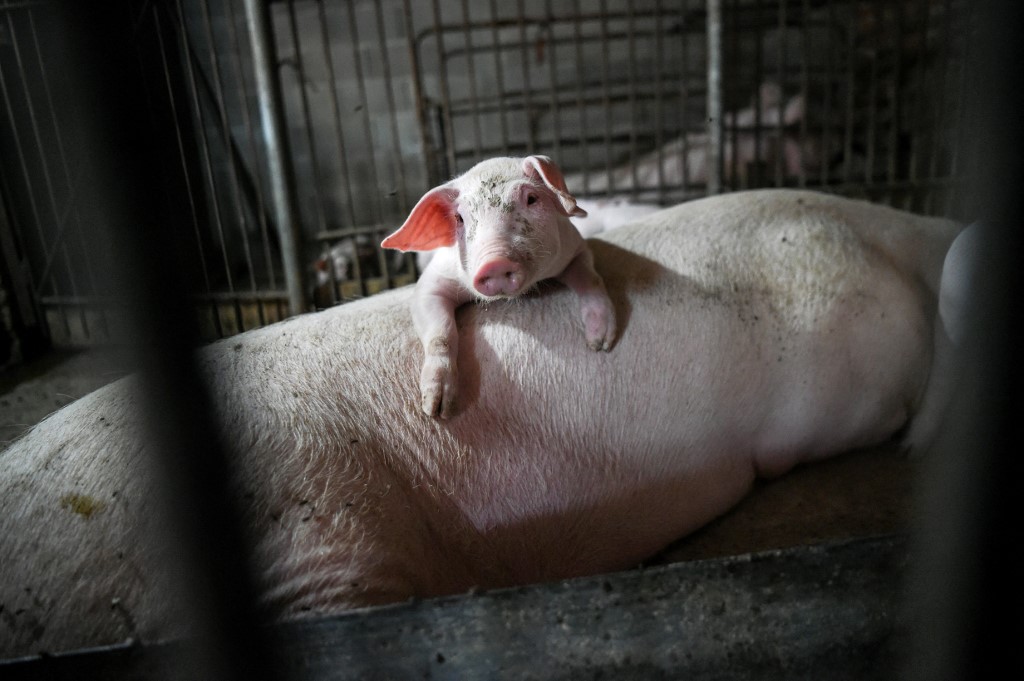
With its provisions in the next Multiannual Financial Framework (MFF) on agriculture, the European Commission has set the cat amongst the pigeons. From Spain to the Czech Republic, farmers’ associations are up in arms. What changes are in the works for the future of the Common Agricultural Policy (CAP) that have farmers across Europe grabbing their pitchforks?
Presenting the 2-trillion-Euro 2028-2034 budget blueprint to reporters in Brussels on Wednesday, EU chief Ursula von der Leyen said it “will be the most ambitious ever proposed”.
The two main lines of the current 1.2-trillion budget, the CAP and cohesion policy – which together account for two-thirds of the money – are to be merged into National and Regional Partnership Plans.
Together they will receive around 865 billion Euro, combining various budget lines that are currently independent: CAP, rural development, cohesion and regional development funds. This move has led to criticism from many quarters.
The CAP would continue to operate with its own rules and earmarked financial resources particularly for direct aid to farmers, the Commission reassured. However, at least two measures on support for disadvantaged rural areas and agricultural innovation would be removed from CAP funding and transferred to funding for territorial cohesion.
Budget Commissioner Piotr Serafin said that under the Commission’s plans, 300 billion Euro would remain ring fenced to support farmers – against around 387 billion Euro, of which 270 billion will be in direct payouts, under the current seven-year budget.
Agriculture Commissioner Christophe Hansen reassured that support for farmers will be better targeted.
EU lawmakers and farmers’ representatives accused the Commission of not leaving sufficient funds for priorities including climate adaptation and the agriculture subsidies that currently make up the biggest share of the EU’s budget.
“This means the common agricultural policy loses its commonality. Moreover, the substantial reduction in the agricultural budget at the European level means less investment in greening and sustainability, Ger Koopmans, chairman of the Dutch agricultural and horticultural organisation LTO Nederland summed up the farmers’ perspective.
Farmers had demanded more money, not less. “It’s a disaster waiting to happen,” the Italian agricultural organisation Coldiretti said in a statement about the budget numbers. “It’s the end of agriculture,“ the farmers’ association Cia-Agricoltori Italiani added.
Concern revolves around several issues:
- Abolition or dilution of the two-pillar structure.
A consistent concern is the proposed merger of the CAP’s two pillars into a single fund or its integration into a broader cohesion policy. The “two pillars” refer to the two main funding areas within the EU’s agricultural policy: Pillar I, which covers direct payments to farmers and market measures, and Pillar II, which focuses on rural development.
“The first pillar ensures a fair income for farmers, and the second pillar covers rural development and the provision of agri-food services to the population,” explained Slovak Agricultural and Food Chamber (SPPK) chairman Andrej Gajdoš.
The EU budget proposal has confirmed farmers’ fears of drastic cuts, said Martin Pýcha, the chairman of the Agricultural Union of the Czech Republic: “This also determines the future form of the European agricultural policy, in which fundamental changes are to be made in structure and financing. The two-pillar structure, according to which money is distributed primarily to investments and so-called direct payments tied to area or livestock farming, is to be abolished.”
Germany’s Minister of Agriculture Alois Rainer described the proposal to merge the budgets for agricultural policy and cohesion as a “dangerous turning point”.
The FNSEA, France’s leading agricultural union, called the merger a “pure and simple dilution of the agricultural budget” in a statement.
- Creating an unequal playing field by shifting CAP-responsibilities to member states.
Transferring more decision-making power over agricultural funds to individual member states could lead to inequalities among farmers across the EU internal market.
The Bulgarian Association of Agricultural Producers said the Commission’s plans could “open the door to the reallocation of funds to other priorities without any real guarantee for farmers, put farmers from different member states in an unequal position, lead to a loss of transparency and comparability between member states.”
Gajdoš said that this would cause huge inequality in the internal market: “In our opinion, this is the beginning of the end of the common agricultural policy and we must speak out against this and we are speaking out.”
Similar warnings about inequalities came from Spain: Social democrat MEP Cristina Maestre expressed concern about a possible “distorted CAP”, by integrating it into a fund without direction or guarantees, leaving the future of European agriculture at the mercy of each member State.
Slovenia’s Chamber of Agriculture and Forestry joined the criticism, saying that it dismantled CAP. “International agreements on the future of the Common Agricultural Policy, adequate financing, safeguarding the family farm model and enabling generational renewal must be at the heart of the discussions,” said chamber president Jože Podgoršek.
- Impact on food security and imports.
There is a shared concern that budget cuts and changes to the CAP will negatively impact food production within the EU, potentially leading to higher food prices and increased reliance on lower-quality imports from third countries.
Portugal, for example, insists that CAP funding must remain at current levels. The Minister of Agriculture, José Manuel Fernandes, has repeatedly stressed that supporting farmers’ incomes is itself a matter of strategic defence, as it underpins Europe’s food security and strategic autonomy.
“Food importers from third countries will be especially happy with this budget,” Czech unionist Pýcha summed up his worries on social media platform X. He also said that higher food prices could be a result.
- Financial support for environmental measures.
Farmers acknowledge the increasing demands for ecological, welfare, and administrative measures but emphasise that they need sufficient financial support and tools to meet these high standards and ensure sustainability.
“Producing quality food in Europe is increasingly demanding, expensive and involves more paperwork due to the high standards, which the European Union clearly does not intend to back down from,” Pýcha said.
Jaume Bernis of the Spanish farming organisation COAG also warned that without sufficient financial support it would be impossible to make progress on sustainability or ensure the continuity of the sector.
- Budget cuts and inflation.
Politicians and farm lobby groups argue that the budget should be increased, or at least maintained at current levels and adjusted for inflation, to compensate for rising costs.
France’s FNSEA slammed the Commission for effectively “proposing to reduce the CAP budget by 20 percent”. Pedro Barato from the Spanish farming group ASAJA denounced the proposed cuts, while José Manuel Roche of UPA – also from Spain – warned that this strategy could “conceal a real cut in funds” for farmers.
“For us as Eastern Europe, it is important to maintain direct payments and gradually increase them,” said Slovak MEP Katarína Roth Neveďalová, adding that farmers in her country are currently receiving around 85 percent of the average payments of EU farmers. Gajdoš stressed that farmers demand an increase, not a decrease, in the budget, especially due to inflation.
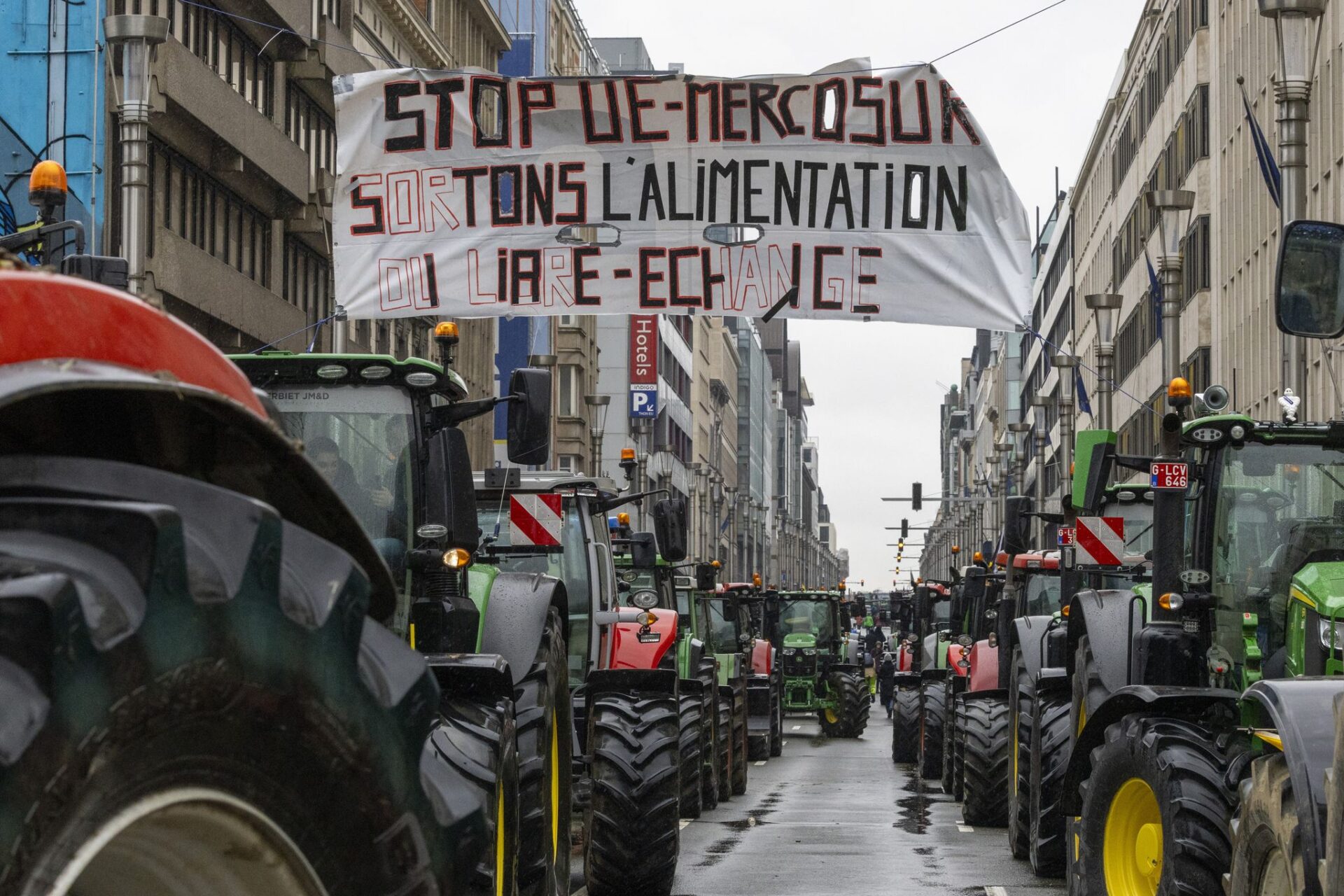
Protests ahead
Farmers and their representatives are preparing for long and difficult negotiations to advocate for their interests.
On Wednesday, farmers from across Europe had already gathered in Brussels for a first round of practice, but had still left their tractors at home. “This proposal is a provocation,” said FNSEA boss Arnaud Rousseau during the demonstration. “No one has any interest in challenging European farmers. If this message has not been heard, we will be back.”
Brussels and other European capitals were roiled last year by farmers protesting against cheap imports, low margins and the burden of environmental rules.
Negotiations on the MFF proposal between the 27 Member States and the European Parliament are expected to last until the end of 2027. The transformation of the Common Agricultural Policy (CAP) will be at the heart of the difficult negotiations ahead.
This article is published twice a week. The content is based on news by agencies participating in the enr.




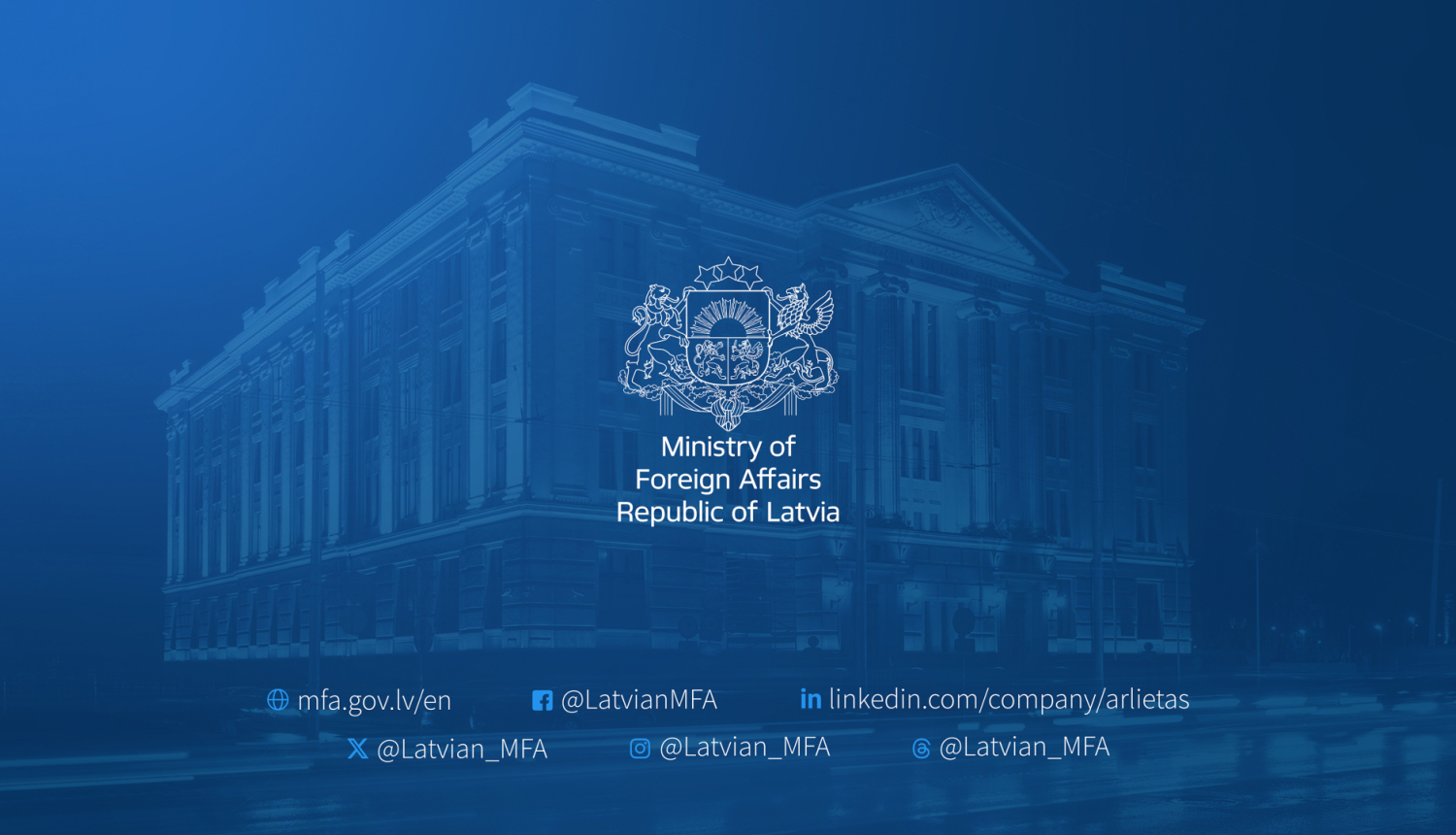
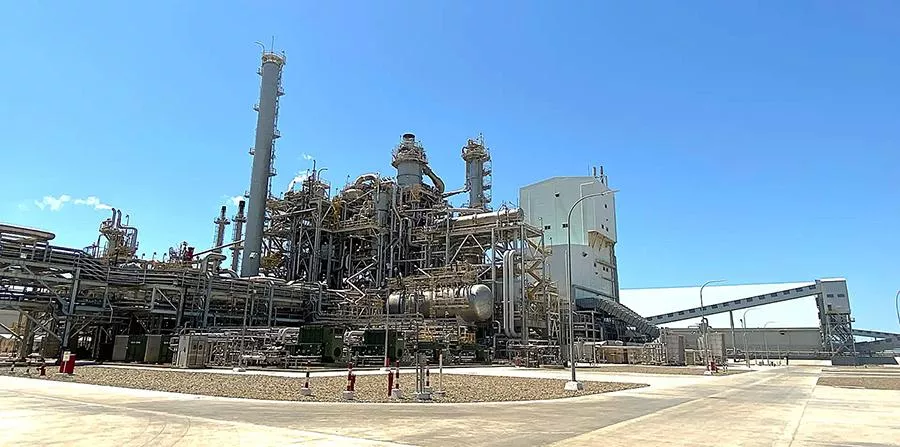

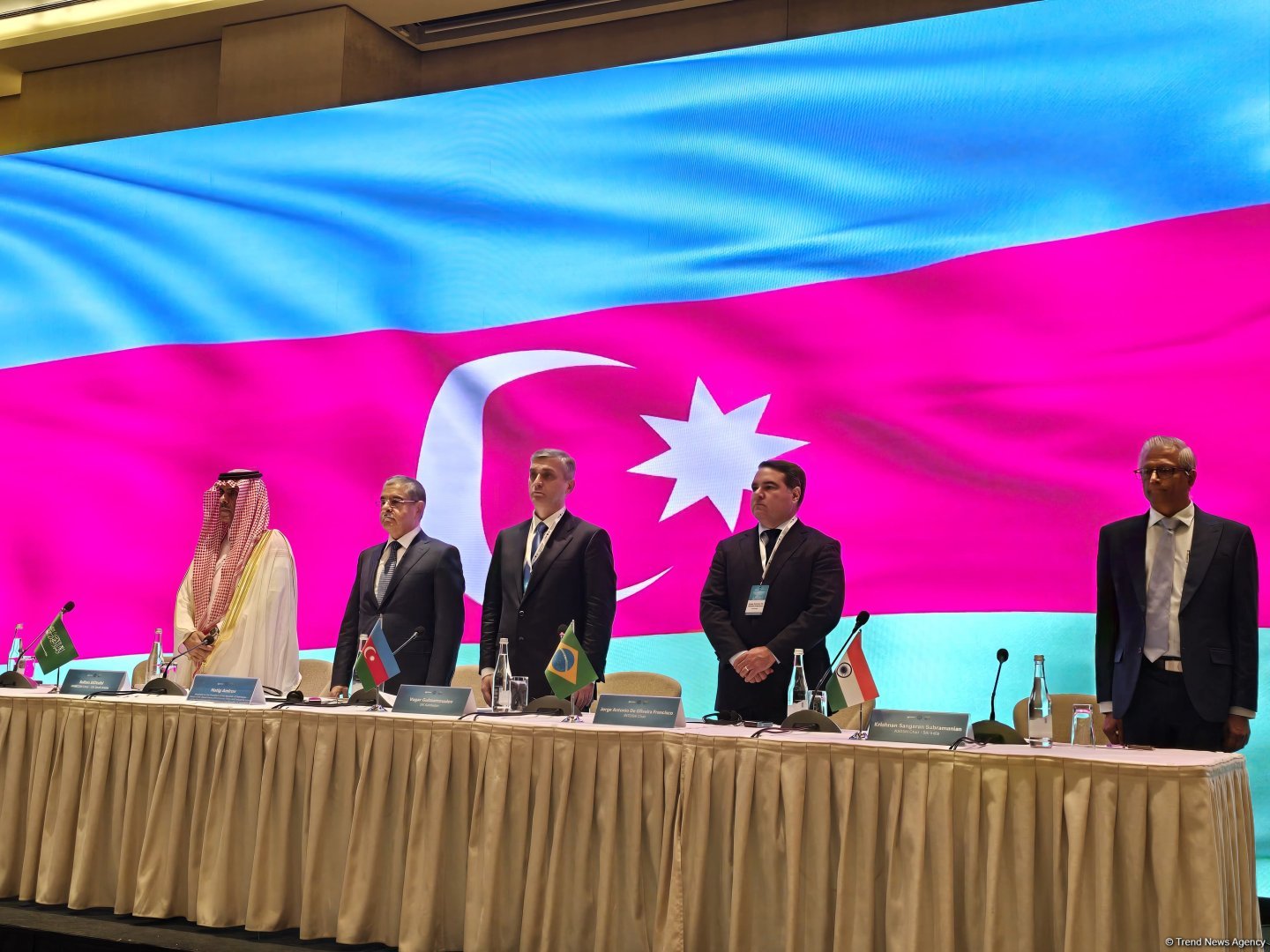
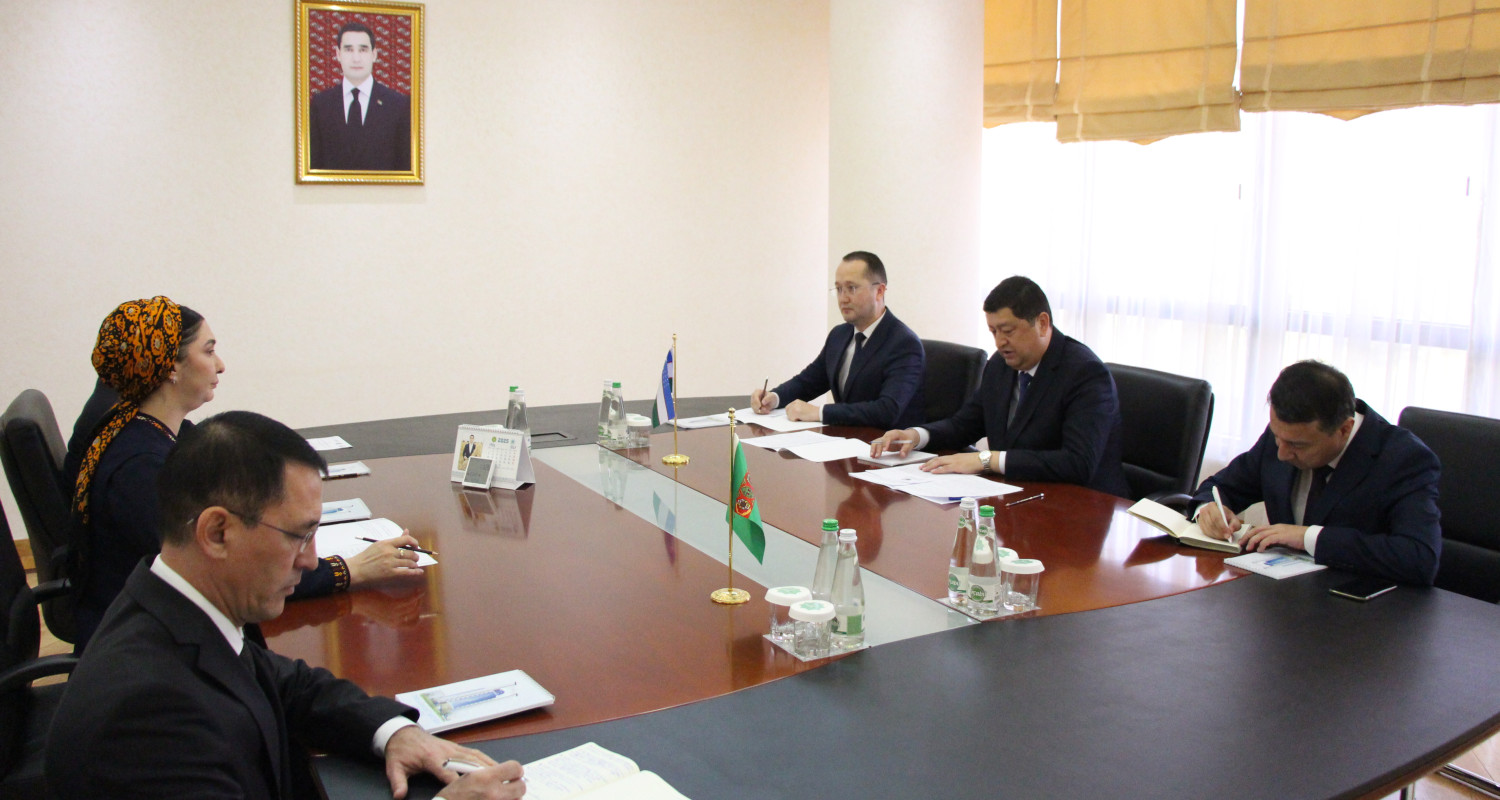

















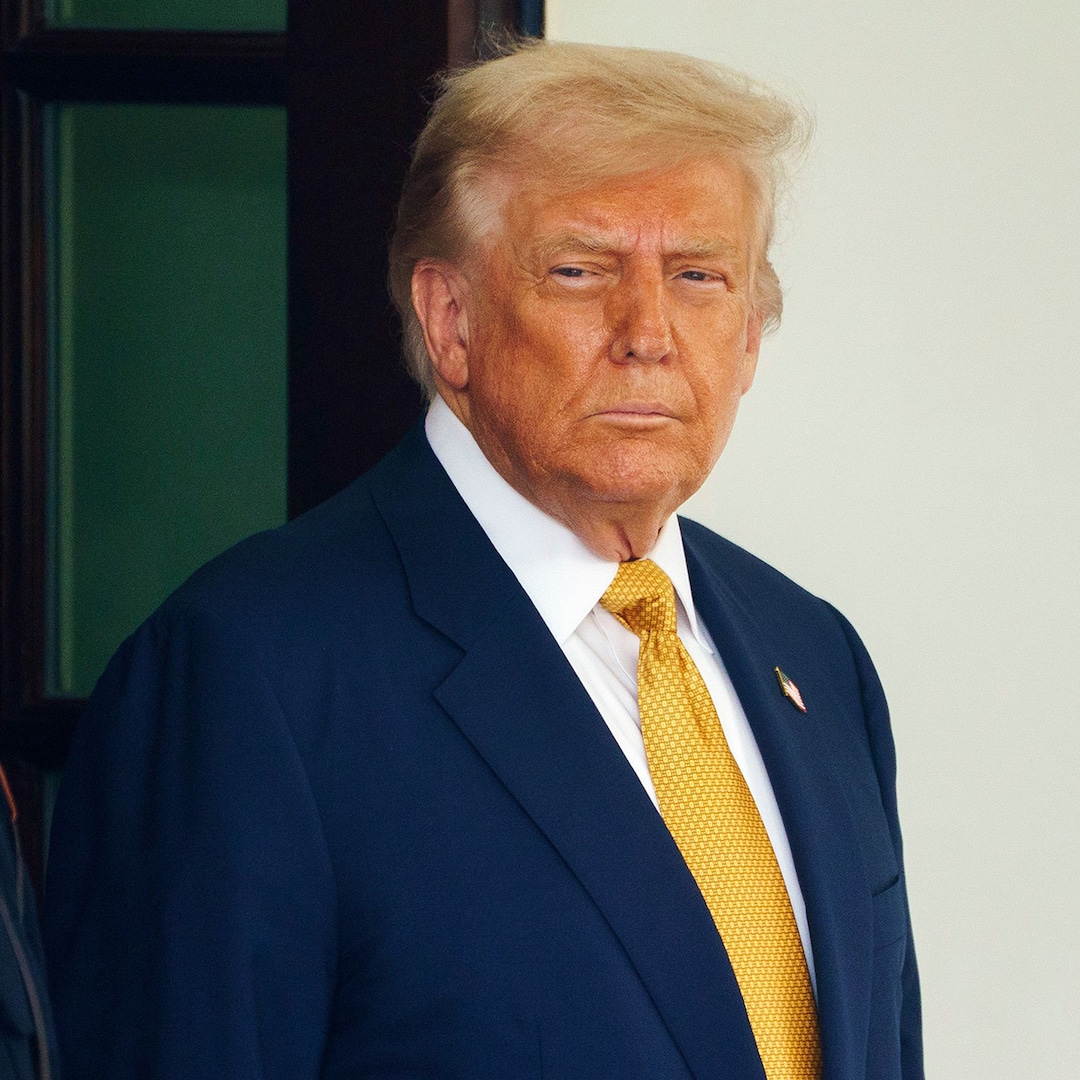



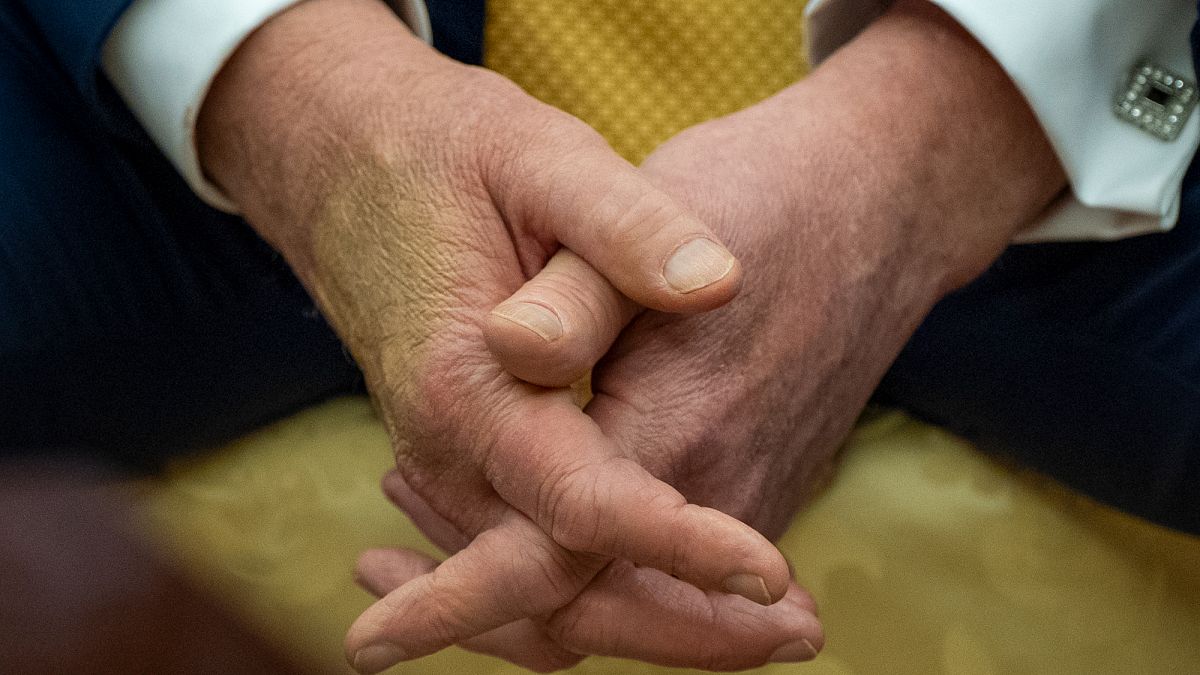
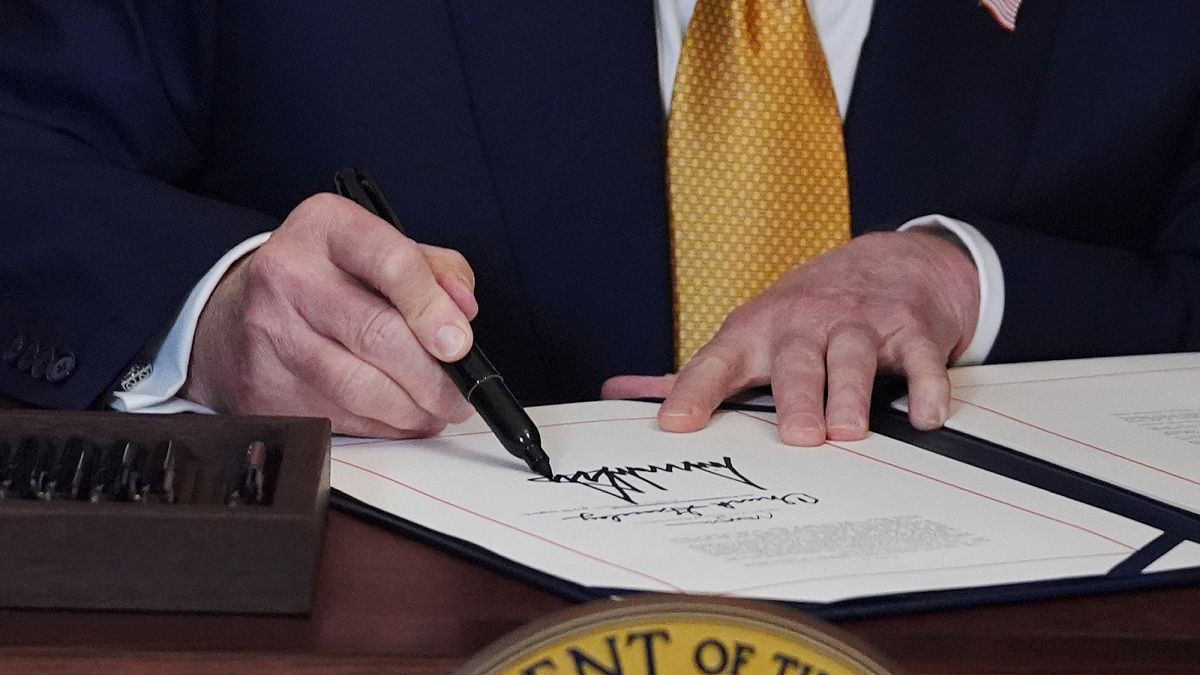





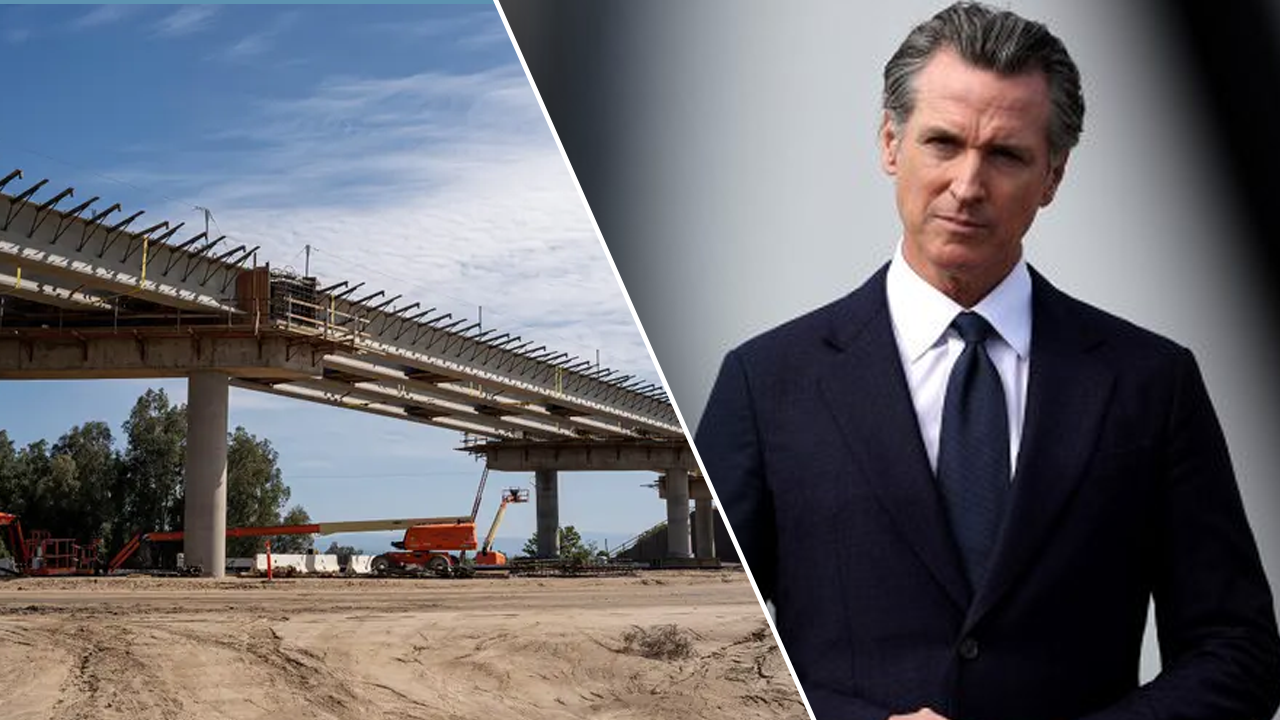


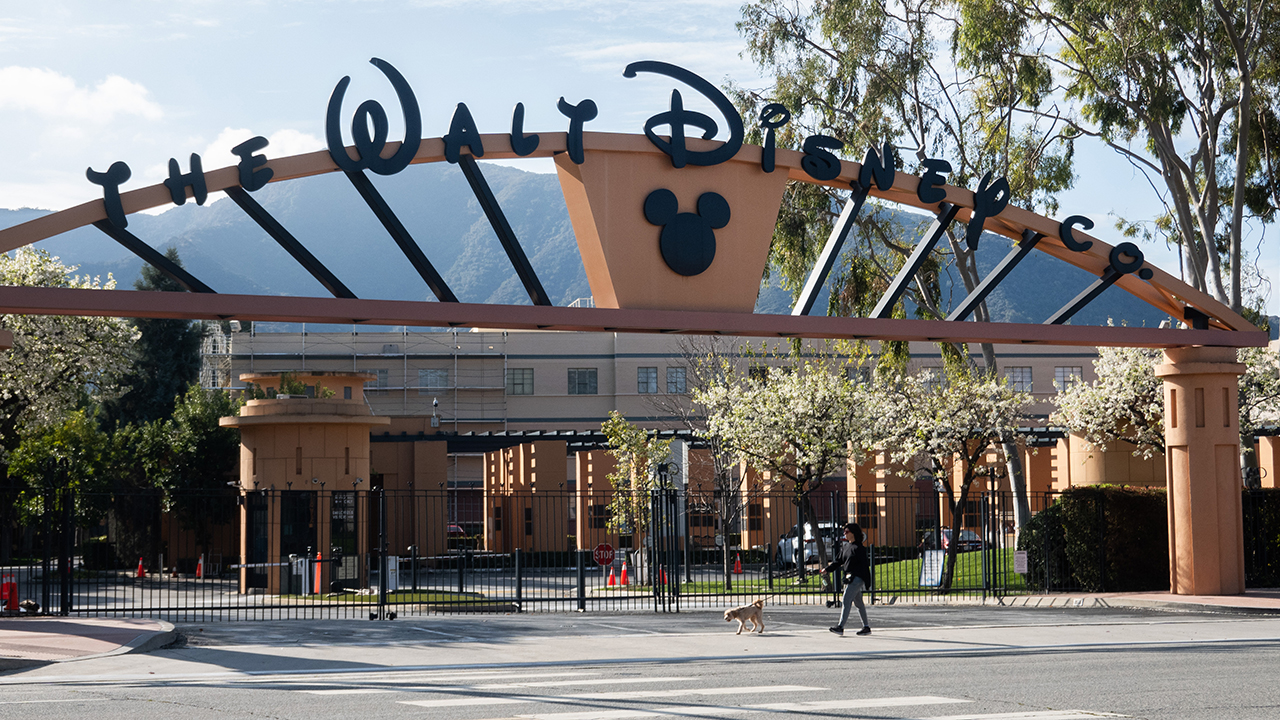
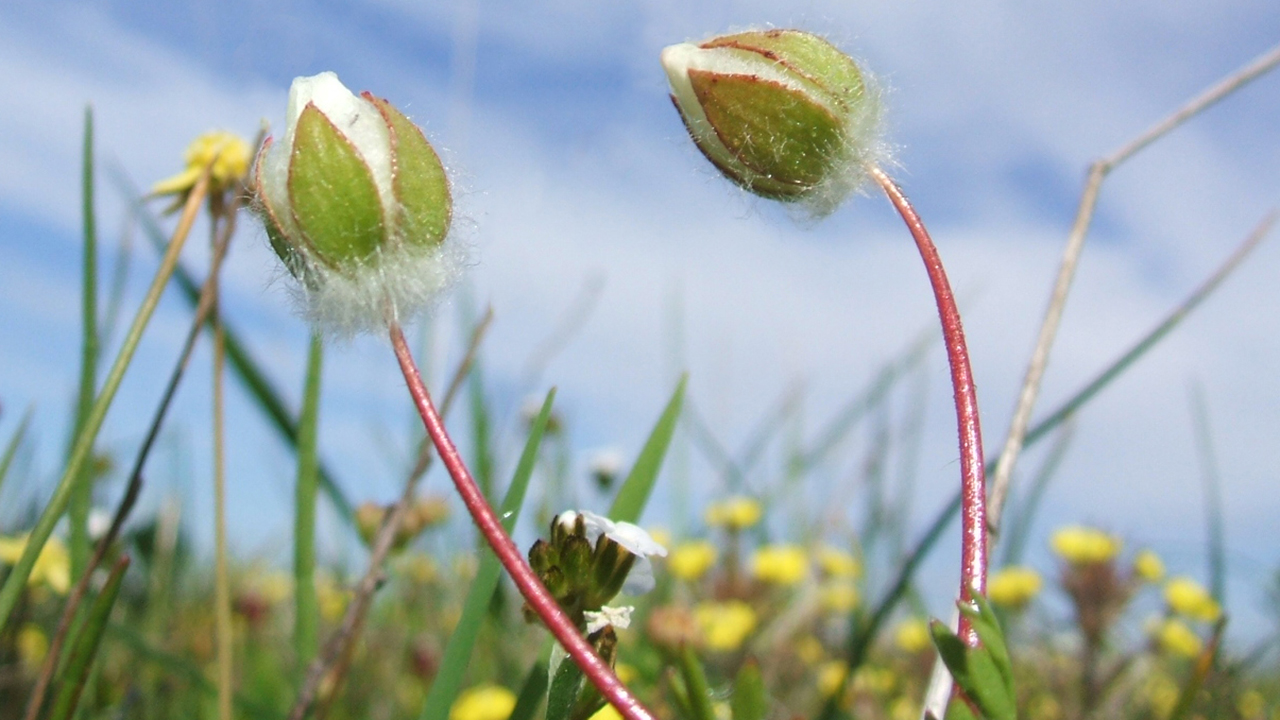

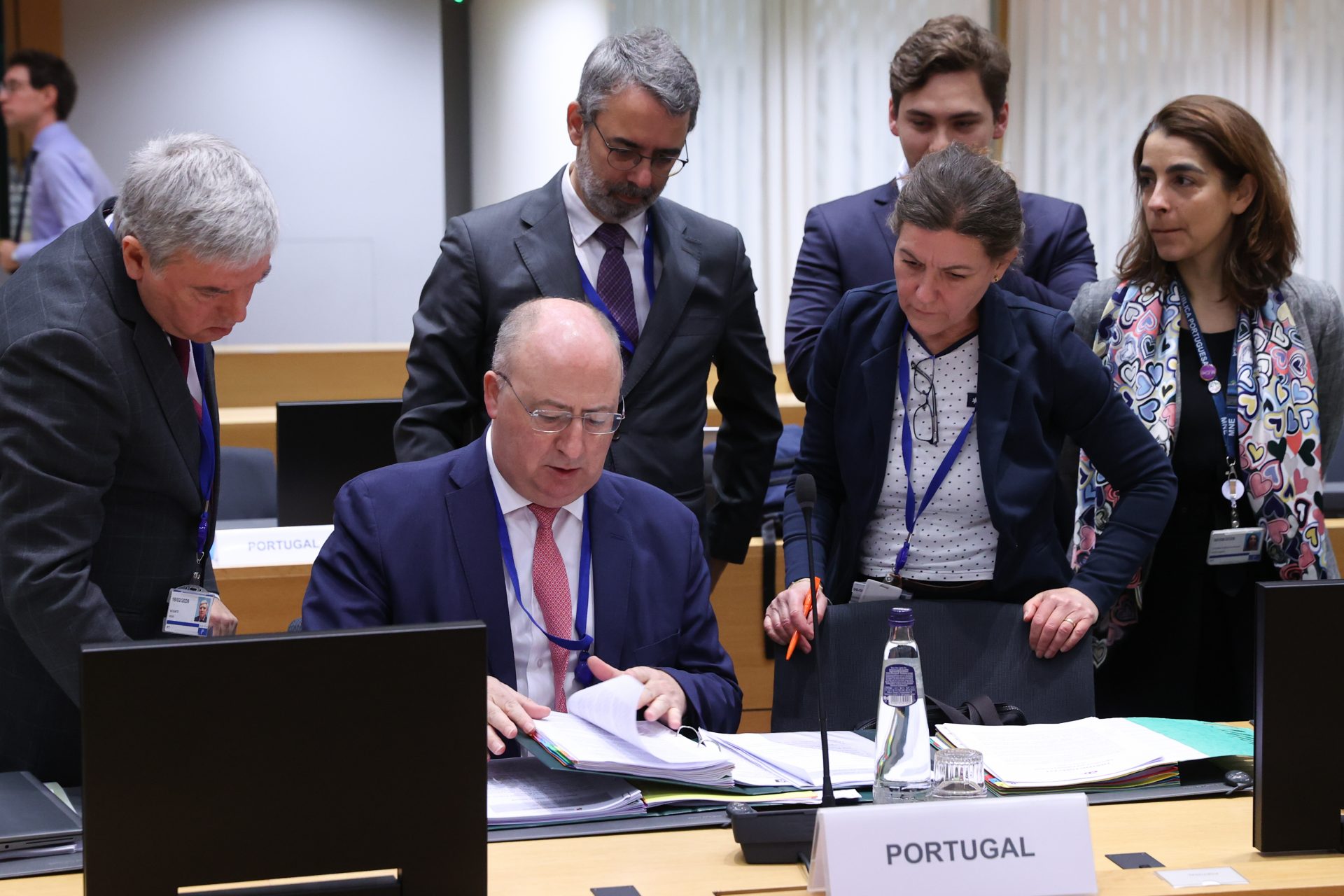


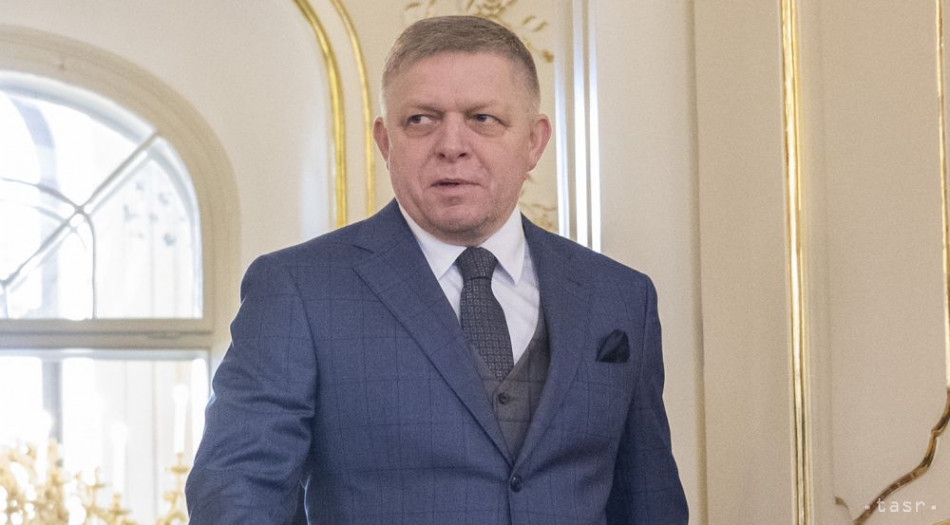

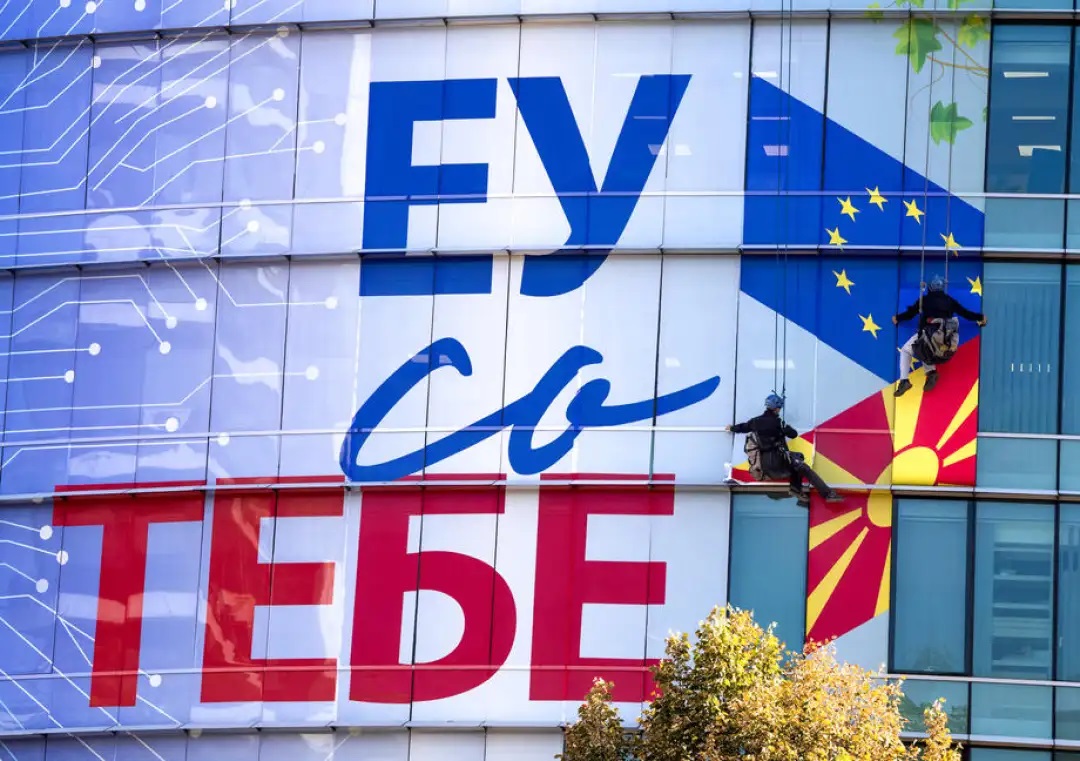


.png?Expires=1838763821&Key-Pair-Id=K2ZIVPTIP2VGHC&Signature=IO0~CT3pU-TcxGc~yoZSmoQx23MZVuK-~4jSii~NKEblRmyO3el7NXPu~Rh1o23voASg7hlcHLw4kvQuDK1jssEhcjoNBBvEpZ~GGOAU6yosBhpHpeF179F~h7i6VxmsBNh9gtTutkoqY73O2YCFey~IAqSzKbBqETP1kP9cAg1916Z1YkJJs-5MliMrkZ5d7-mWGLbpHp2wGj2VlMph8XzYlL4~y1O7fB~JdIS~Rs4RMRs2x0WT1qUIpHAsf3GdwtOyAmKFSpIg8xCyNGZZ5h~13nXlmpd7uPvW8tBfttpG9pFTqcway-uch5WyfHOEfi7UlJCOWrr6fCYY5PMgSg__)





